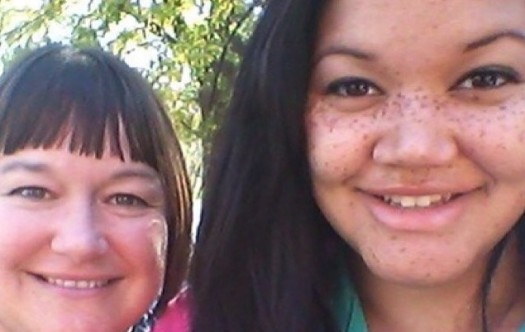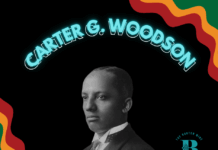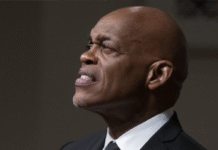
Writing for The Root, The Burton Wire’s founder & editor-in-chief Nsenga K. Burton, Ph.D. interviewed filmmaker Phill Branch about his upcoming documentary ‘Searching for Shaniqua.’ You may have heard about the topic that went viral last week regarding a 19-year-old bi-racial woman’s decision to change her name from Keisha to Kylie to avoid taunting from “friends”. We’ve read the studies where having a “black sounding” name can send your resume straight to the paper shredder at many places of employment in the United States.
Branch tackles these issues in this documentary by interviewing people about their thoughts on the subject, asking what’s in a name? Check out an excerpt from the interview with Branch and the trailer to the documentary on The Burton Wire. Let us know your thoughts in the comments section below:
TR (The Root): What prompted you to make a documentary about this subject?
PB: Honestly, I had a friend who was a substitute teacher, and she would tell me these stories about her class rosters. She would be nervous every time she went into a new classroom, because the names were so hard to figure out. Then, one day I was out and met this woman with a name that had too many syllables and too much punctuation. I was so annoyed by her name, I mean really annoyed. I went home that night and started a blog called “Searching for Shaniqua.” I found out that there are so many women named Shaniqua from diverse backgrounds.
I felt like I could use them as a framework to tell a story. My aim initially was to document my quest to find the oldest living Shaniqua. Then, as I read and learned more, I became more serious about the subject. I began to really be invested in this idea of names as they relate to bullying or discrimination. I also began to think about how annoyed I was by that woman’s name and what that may say about me. I started having discussions with my friends about names, and they’d always turn into heated debates. I knew this was something that needed to be addressed. I decided to do a documentary.
TR: How did you find subjects to interview for the documentary?
PB: At first I sent private messages to friends, but I think some folks took offense to the question. Then, I decided that a better approach would be to start some discussions on Facebook about naming. I wanted people to see that I wasn’t going to make fun of them. Folks got into the discussions and have become more open to talking to me. I’m doing what I can to be able to travel and get to all of the people who have reached out. I’m also researching people in different fields who are at high levels of success with “nontraditional” names. I want them to talk about their experiences.
I also approach folks on the street. One of my best interviews was with a woman who was waiting on me at a restaurant. Her name, Chinneaqua—C-H-I-N-N-E-A-Q-U-A—was on her apron, and there was no way I was not going to get her on-camera. I interviewed her after her shift ended.
Read the entire interview on The Root.
Like The Burton Wire on Facebook. Follow us on Twitter @TheBurtonWire.







